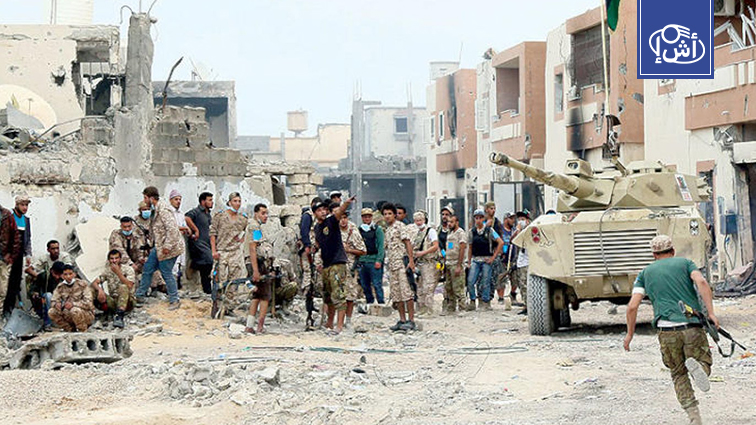The Analytical Support and Sanctions Monitoring Team of the UN Security Council revealed the details of its 34th report submitted to the Security Council on July 19 on the “ISIS” and “Al-Qaeda” organizations in Libya and countries around the world.
The report indicated that the leaders of the “Desert Army” in Fezzan finance their activities through the illegal extraction of hydrocarbons and the illegal trade in minerals, with the presence of hundreds of “ISIS” members across the Sudan, Chad and Niger axes with Libya.
The report explained that the counter-terrorism operations carried out by the Libyan national forces have significantly reduced the activities of the “ISIS” and “Al-Qaeda” organizations. In January 2024, the Libyan authorities announced the arrest of Hashem Abdel Jawad Abu Sedira, the leader of “ISIS” in Libya, which led to the dismantling of many networks linked to the organization.
Many of the logistical networks affiliated with “ISIS” are still present in southern Libya (Fezzan), where they are used to transport individuals, vehicles and weapons from Sudan via Chad to the tri-border area between Burkina Faso, Mali and Niger.
“ISIS” continues to carry out kidnappings for ransom, including kidnappings of smugglers, with three citizens who were recruited to travel to Mali to join terrorist groups arrested, and another cell of Syrian nationals who facilitated the arrival of ISIS elements from outside Libya dismantled.
Some member states estimate that ISIS has between 200 and 400 active fighters along the Chad-Niger axis, with another 400 fighters along the Sudan axis, and the number of ISIS elements in Fezzan and southwestern Libya is estimated at between 50 and 150.
The report confirmed that “ISIS” is stronger than “Al-Qaeda” in terms of financial resources, media coverage and combat experience, making it the most urgent threat to global security.
The report warned that “ISIS” could gain control of chemical weapons within a few years thanks to its control of university laboratories in Mosul, although their stockpile may have been depleted.
Member States expressed their growing concern that their citizens could launch domestic terrorist attacks through so-called “lone wolves”, radicalized individuals with no tangible links to a terrorist group, who are recruited online.
However, European security services reported a high rate of thwarted attacks due to the attackers’ lack of preparation and the primitiveness of their methods.
The report highlighted that the radicalization of criminals in prisons remains a major concern in Europe, as prisons provide an environment for extremist ideologies to influence prisoners, and some returnees from conflict zones are expected to be released, increasing the potential threat.
The report indicated that the “dark web” is a source for buying and selling weapons and forged documents, which facilitates the travel of terrorists across borders, as the dark web poses a risk as a source of weapons for individual actors and small groups, and the UN team proposes to cooperate with governments to highlight these threats and establish specialized units to detect and investigate crimes related to the dark web.
The team urged governments to enhance efforts to combat terrorist threats related to the “dark web” markets, and to exchange data and information among member states to avoid potential threats.
Sudan.. Nine dead in a fire in a residential building in Port Sudan
